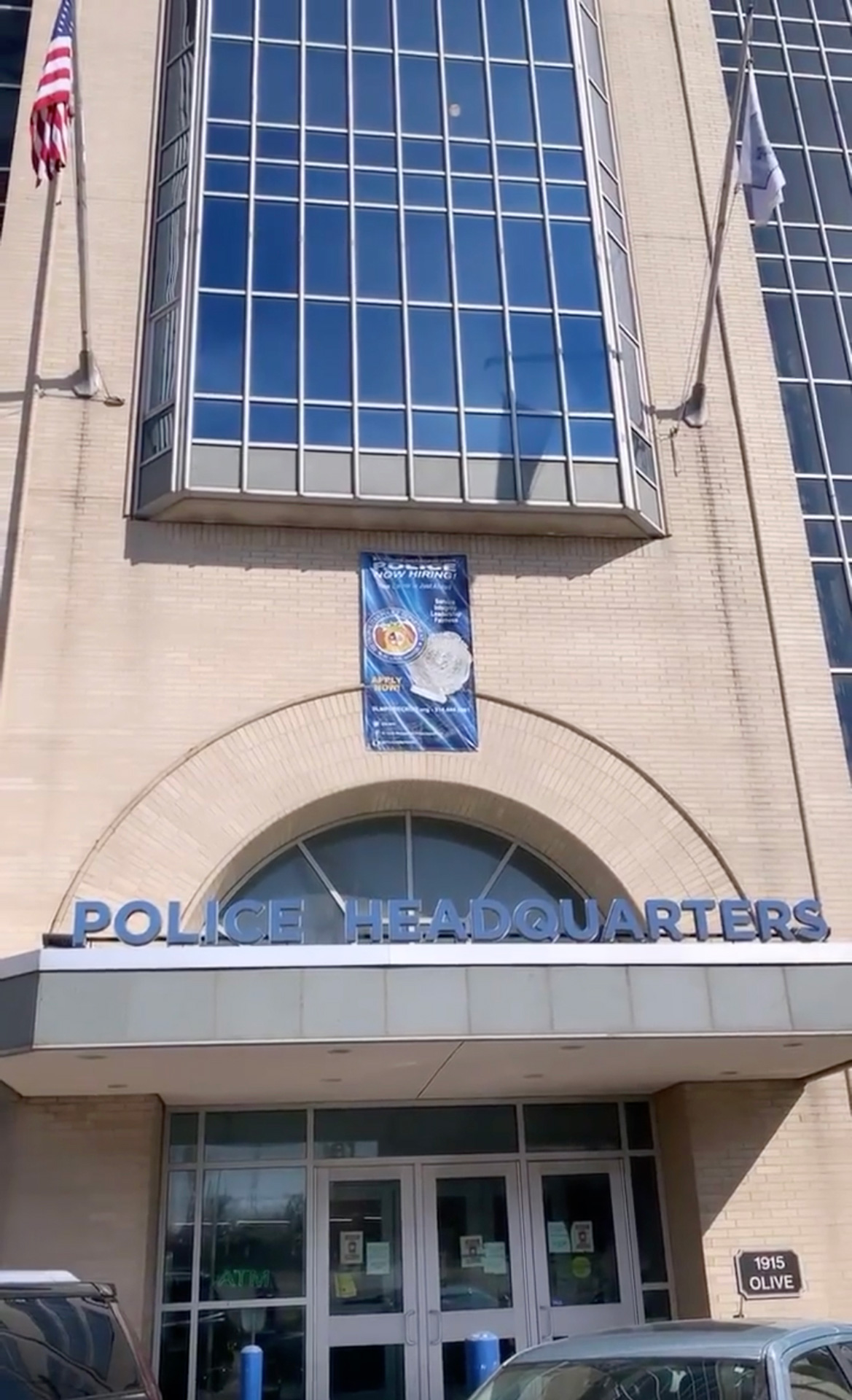
As St. Louis police dispatchers struggle with manpower shortages and long hold times, the city has decided to give police officers the opportunity to work dispatch duty for overtime pay.
In recent months, nearly 40% of St. Louis callers have been put on hold when calling 9-1-1. Under the new ruling, officers can volunteer to answer those calls.
The St. Louis Police Department said that 10 new graduates from the St. Louis Police Academy and seven experienced officers have volunteered to undergo a month of dispatch training.
Public safety director Daniel Isom told the St. Louis Post-Dispatch that the department’s police cadets, part of a training program for 18–20-year-olds who are too young to become sworn officers, are also trained in taking dispatch calls.
The proposed solution comes after St. Louis Mayor Tishaura O. Jones promised to reduce 9-1-1 response delays in the city after some callers reported waiting 10 minutes or longer for police to answer calls related to emergencies like fires, break-ins and shootings.
The department stated that its goal is for police dispatchers to respond to 90% of calls in 10 seconds. Over the past six months, their response rate in this time has been around the 60% mark.
The department says the reason for this is understaffing.
According to police officials, 37% of police dispatcher positions are vacant, with only 53 of 84 positions filled. Three management positions are also unfilled.
Isom said that retention has been a problem as experienced dispatchers leave for positions with better pay. He also blamed the job market on a lack of applicants.
“Unfortunately, there’s just a trickle of job applicants coming through,” he said. “It’s not just dispatchers — it’s a product of the job market right now.”
Isom said that police officers volunteering for the job will only take calls on their overtime or when there is an emergency shortage of dispatchers.
However, police union leaders have opposed the plan and called for negotiations.
“As much as the union would like to see the dire crisis in police 9-1-1 staffing addressed, this is not a good solution, and in fact, it’s downright dangerous,” St. Louis Police Officers Association business manager Jeff Roorda wrote in a letter to Director of Personnel Sylvia Donaldson.
Roorda said the plan would be overly costly as officers on overtime dispatch would make three times as much as regular dispatchers make.
“It is inconceivable that the city can find the money to pay police officer overtime after taking a haphazard crash-course on 9-1-1 call taking at a much higher rate than longtime professional complaint evaluators are paid,” Roorda wrote. “If the city has the money to spend on exorbitant overtime wages in order to provide patchwork coverage in the 9-1-1 center, why not just solve this crisis completely, once and for all by paying dispatchers and complaint evaluators competitive wages?”





